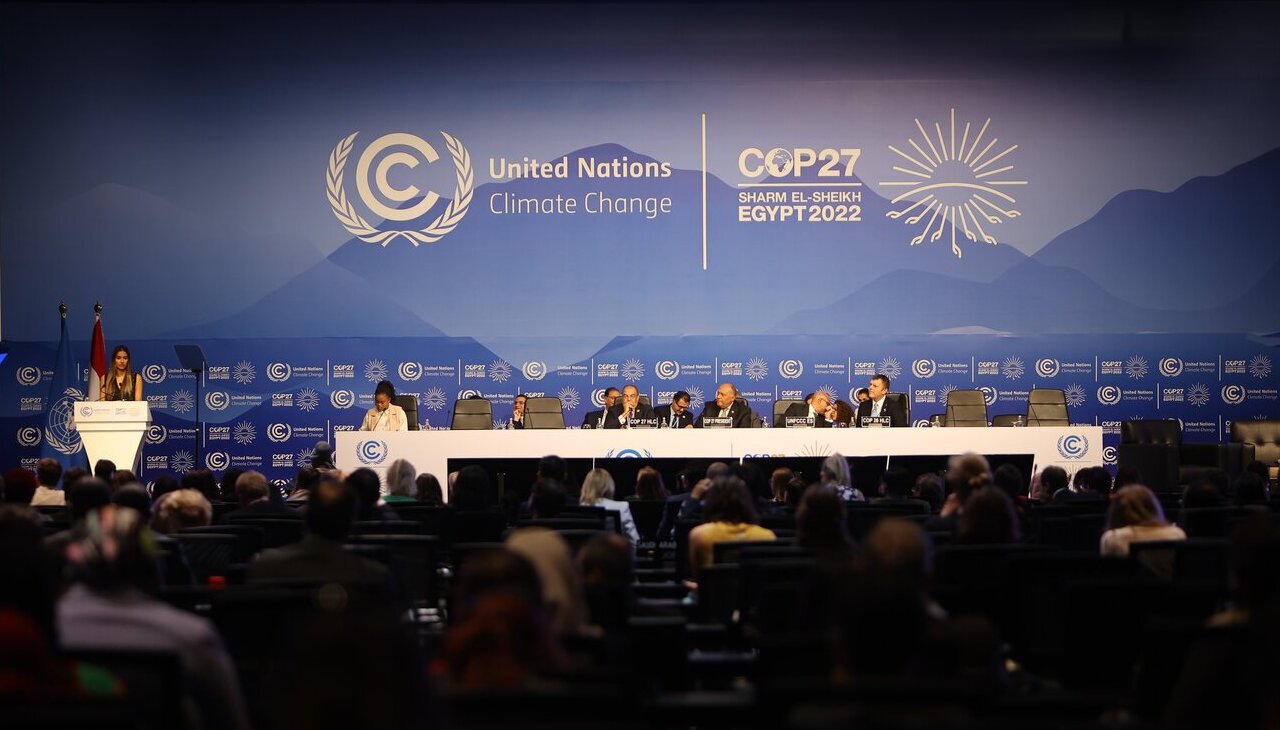
Latin America and its divided agenda at COP27
The event, which began last Sunday, brings together delegates from more than 190 countries who meet to discuss strategies to combat climate change.
Although it is considered that Latin America and the Caribbean are only responsible for 10% of historical emissions, several of their countries have had to suffer the consequences of climate change in their territories.
Even though the region has some of the most biodiverse nations on the planet, the lack of support from the economic powers, which continue to postpone their commitments to the environment, including the payment of resources assigned to protect natural resources and offset the carbon footprint, does not allow the climate objectives to be consolidated.
El País of Spain highlighted a guide made by América Futura to better understand COP27 and to know the position with which Latin America arrived at this convention.
Split region
Emphasizing that Latin America and the Caribbean do not negotiate their positions on climate change as a bloc, something that, although it has not prevented them from advancing in the negotiations, has deprived the countries of having the support of a majority group that strengthens their proposals, these are the organizations that currently work from the region for the environment and the nations that are part of them:
- The Independent Association of Latin America and the Caribbean (AILAC) brings together the countries of the region that seek high climate ambition. In other words, they also consider that the countries of the region should reduce their greenhouse gases with ambition. Chile, Colombia, Costa Rica, Guatemala, Honduras, Panama, Paraguay, and Peru are part of this group.
- The Bolivarian Alliance for the Peoples of Our America (ALBA) brings together the countries of the region that are against the commodification of nature and, in the context of the climate change talks, consider that, since they do not have greater responsibility in the generation of greenhouse gases, they should not be ambitious in their climate goals. Cuba, Bolivia, Ecuador, Venezuela, Antigua and Barbuda, Dominica, Saint Lucia, and Saint Vincent and the Grenadines are part of this group.
- The Alliance of Small Island States (AOSIS) brings together small islands from around the world. They have played a major role in climate negotiations as they are highly vulnerable to rising sea levels and coastal erosion, despite not being responsible for climate change. From Latin America and the Caribbean, Cuba, Antigua and Barbuda, Dominica, Saint Lucia, Saint Vincent and the Grenadines, Guyana, Suriname, Bahamas, Barbados, Granada, Jamaica, Malvinas, Saint Kitts and Nevis, Trinidad and Tobago, and Haiti are part of this group.
- Environmental Integrity Group, where the only country in the region is Mexico. Includes developed and developing economies, such as Liechtenstein, Monaco, South Korea, Switzerland, and Georgia.
- BASIC Group, whose name comes from the initials of the countries that comprise it and that considered themselves emerging economies: Brazil, South Africa, India, and China.
At a #COP27 Press Conference, COP27 President Sameh Shoukry announced the launch of the Adaptation Agenda, which represents the first comprehensive global plan to rally both State and non-State actors behind a shared set of adaptation actions.https://t.co/IQ7f6EtoPy pic.twitter.com/PUmE3oJpY7
— COP27 (@COP27P) November 8, 2022
Historical responsibility
Taking into account data presented by the report, although the region is not the least responsible for climate change, it does present some cases of countries that have historically contributed the most to this phenomenon, such as Brazil, Argentina and Mexico, which in the list of the 20 most polluting nations occupy the 4th, 14th and 15th place respectively.
RELATED CONTENT
Taking the industrial revolution in 1850 as the beginning, the historical figures of global warming indicate these percentages by region:
- Latin America and the Caribbean 11%
- East Asia 12%
- Europe 16%
- North America 23%
For their part, most Central American countries, as well as the islands, generate less than 0.1% of global emissions.
“The market is not the main mechanism to overcome the climate crisis. It is the market and the accumulation of capital that produced it and they will never be its remedy. It is only public and global multilateral planning that allows us to move to a global decarbonized economy. The UN must be the stage for such planning,” Colombian President Gustavo Petro pointed out during his speech at COP27.
Petro described these conventions as a failure and invited several countries in the region to negotiate specific proposals to protect the Amazon forest as a bloc.










LEAVE A COMMENT: